Last week, I returned to Adamawa State to join some extraordinary people discussing reconstruction plan for the communities that fell under Boko Haram siege in the state. It was at the instance of my friends at the American University of Nigeria, the arrowhead of Adamawa Peace Initiative (API). I have been involved with API, albeit indirectly as a reporter, so I know its efforts to keep the communities safe, despite the brutal attacks of Boko Haram militants on Adamawa communities.
During this last visit I had a rare encounter with those whose lives have been radically altered by the insurgency in Borno, Yobe and Adamawa States. One of them, Zainab, a woman from Michika in Adamawa State told me how she broke down after discovering the skeleton of her husband inside their compound. Zainab went back to her village to see what was left of the ruins, after it was liberated by the military from the grip of the marauders called Boko Haram, but it was her husband’s skeleton that welcomed her back home.
I could feel the fear and trauma in Zainab’s shaky voice as we spoke. Another 16-year-old Martha Apagu told me how the militants killed her cousin before taken her away. “I had my sister’s baby strapped to my back and running away, when the Boko Haram people came for us. They killed the child and abducted me. I spent four months in Sambisa forest, before I escaped,” she said.
Last week, when the military told the nation that they have rescued some 300 girls and women from Sambisa forest, everyone in the country and around the world couldn’t believe they have heard—Such a horrendous act of Boko Haram.
Advertisement
Then, a day after, another 160 women and children were rescued from the forest of evil. The photos released by the military showed dying children and mothers. The flesh covering the bones of many of the women and children had become so thin and hunger has made an open show of the bones. In one of the photos, I saw a child and I instantly remembered the human skeleton in our secondary school biology laboratory back in the days. I wept.
Another woman who told me her own story sobbing is Marah Puw who lost her eight-year-old girl to insurgency. Puw was first separated from her child before the child was killed. She had run to safety without her child when the Boko Haram militant invaded their Madagali home. But a Good Samaritan grabbed the child’s hand as people ran in a haphazard manner and get into each other’s way. So both the Good Samaritan and the girl ended up in an IDP camp in Abuja, while Puw ended up in an IDP camp in Yola. Soon, the news came that the child died.
After reflecting on all these stories and many more, I came to a conclusion that granting the Boko Haram members any form of amnesty will be injustice to the children orphaned by Boko Haram and the women who have become widows and of course to the memory of their slain husbands.
Advertisement
Boko Haram has done so much to our collective psyche to such extent that our value system has been impacted greatly. For instance, Nigerians now treat themselves with mutual suspicion, our children can no longer go to parks freely as beforetime, the idea of offering someone a lift has faded out completely and many businessmen are restricted to their Victoria Island headquarters, simply because the fear was sufficiently spread by these Islamist zealots.
Really, if you have seen the devastation of the communities attacked by these marauders as I have seen, you will wonder if anyone should really talk about human rights when it comes to dealing with them. They sabotaged our military bases and police stations, went into our higher institutions and secondary schools slaughtering our kith and kin like goats and we are considering amnesty for them. You hear me right, we shouldn’t talk about amnesty at all.
Yes, international organisations may come with their own pressure asking us to give human rights treatment to anyone captured in a war, but such should only be considered in relation to the law. The question of how to treat captured jihadists extends beyond our shore, so when such pressure comes, it must not be giving isolated treatment.
Nevertheless, let’s look at the law of arm conflict that is the basis for the call for amnesty and human rights treatment. In the text of the 1949 Third Geneva Convention, it was clear that the intention is to ensure humane treatment for captured legal combatants. Are Islamist zealots legal combatants? They are not. They are simply illegal combatants. So why should we mention amnesty in dealing with them in the first place?
Advertisement
The Third Geneva Convention unambiguously states that parties need not apply it to all conflicts, especially when the foes are not parties, and when enemies do not abide by its terms. Boko Haram is not a party to the Geneva Conventions. They have not signed, much less ratified, those treaties, so those coming to us in the name Geneva Conventions must be careful from stampeding our government into taking wrong decisions.
Boko Haram members have spurned all kinds of human rights laws, whether national, regional or international and cannot seek to enjoy the same. Those lucky enough not to have been killed in the battlefield of Borno, Yobe, Adamawa and others, where we have lost brilliant soldiers and citizens must face the full wrath of the law. We must either bring these enemies to justice or bring justice to them, either way justice must be done.
*This article was first published in THISDAY
Advertisement
Views expressed by contributors are strictly personal and not of TheCable.
1 comments
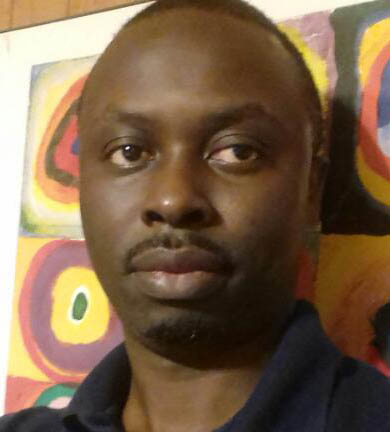
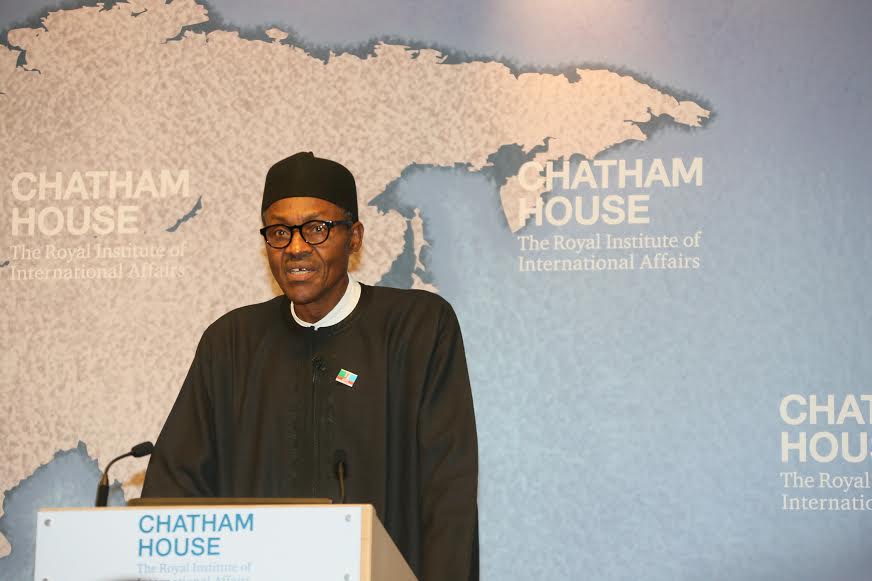

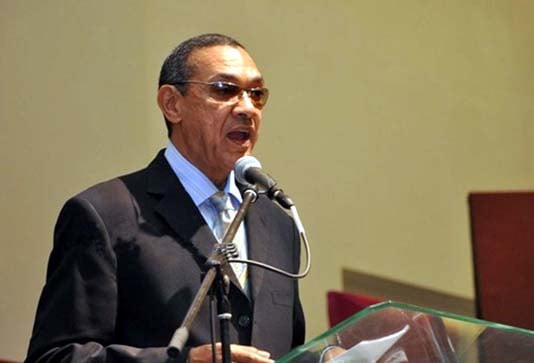
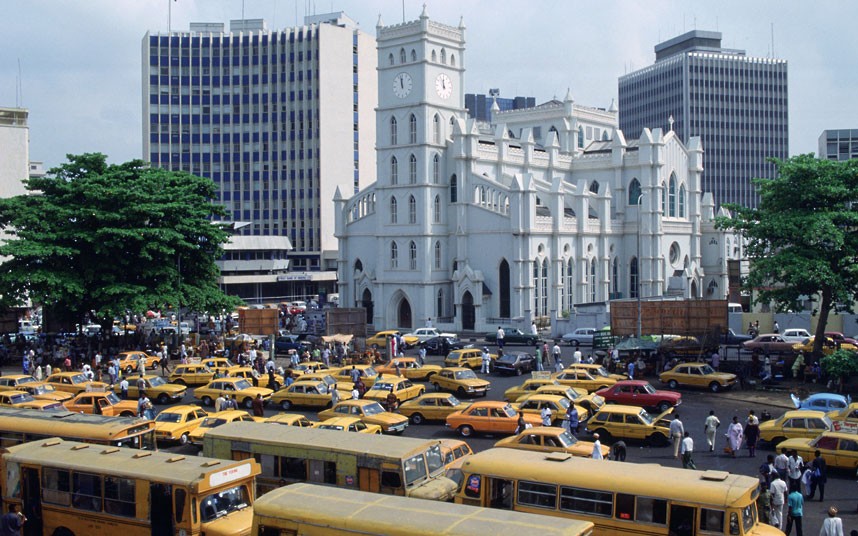

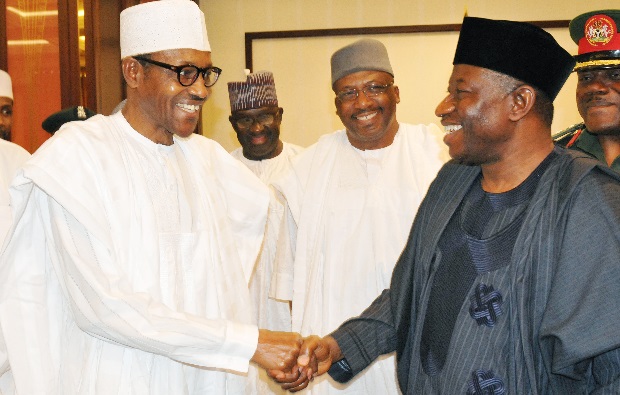
Your comment..But is there any fresh plan to grant amnesty to the insurgents?